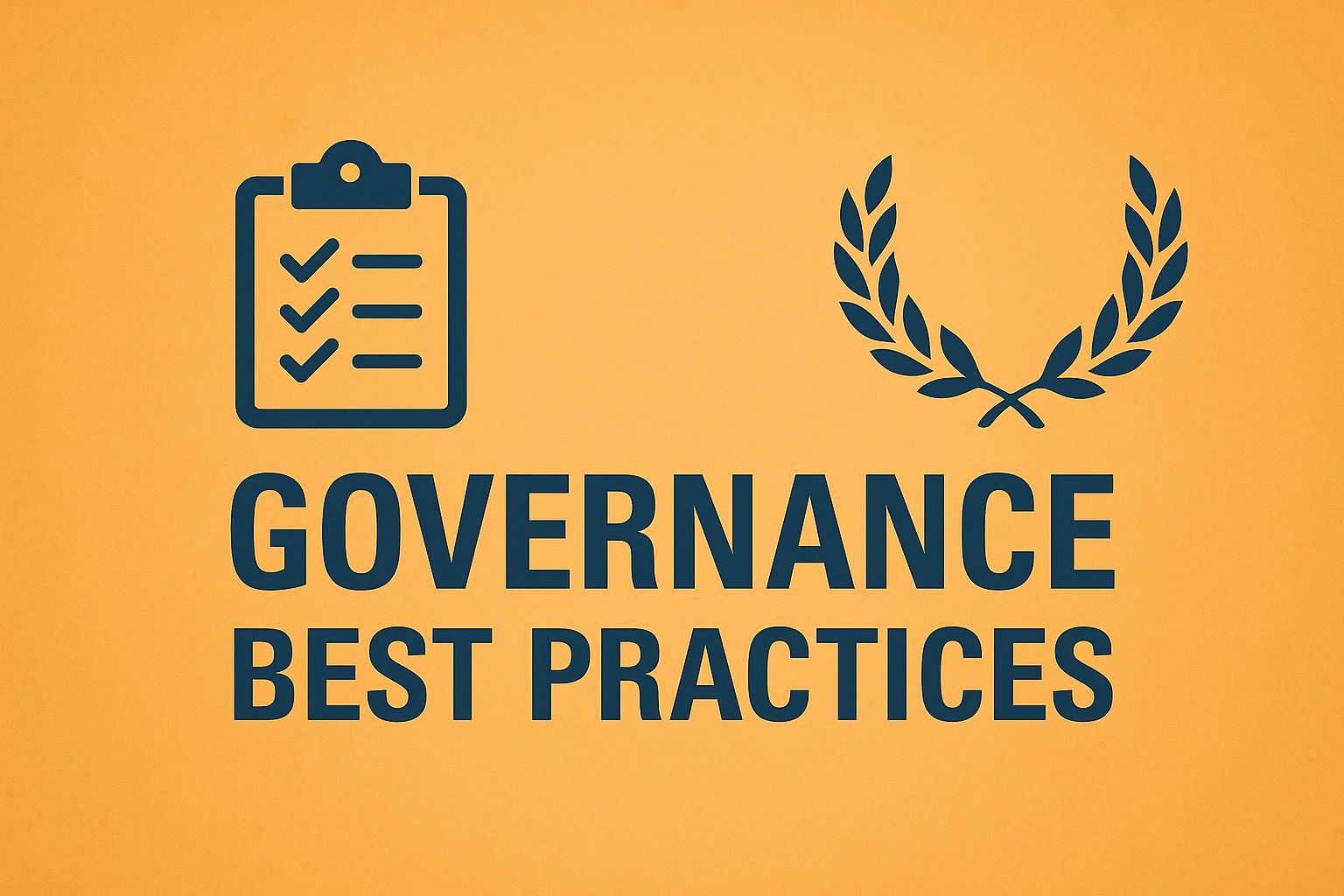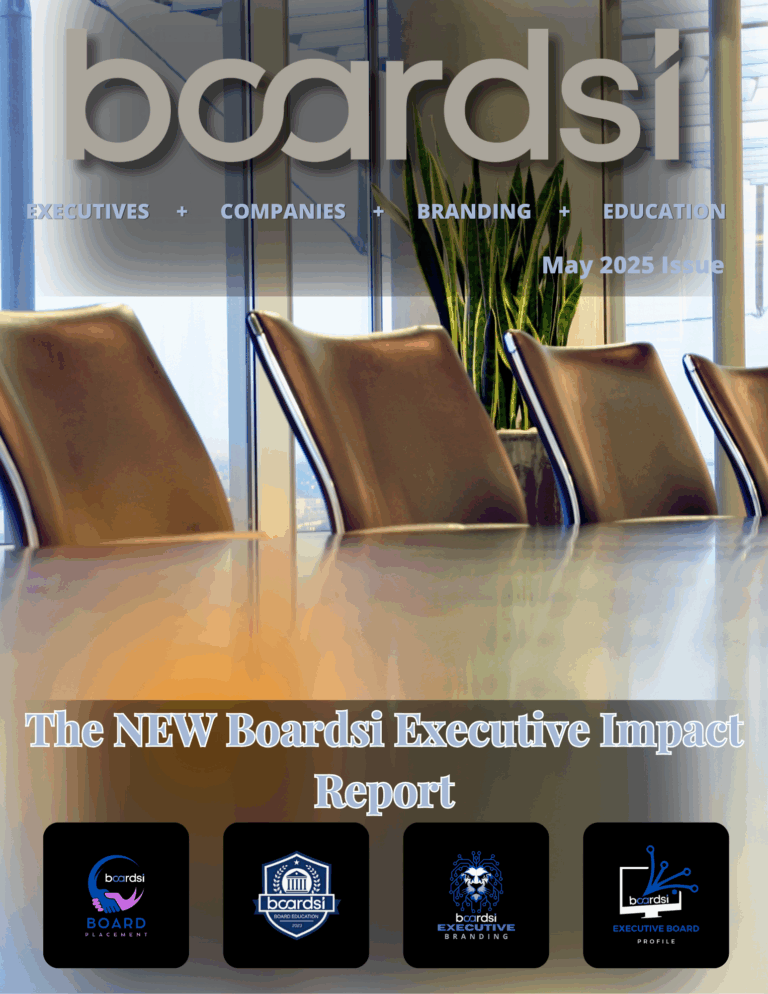Inclusive leadership is a style of leadership that values and actively seeks out diverse perspectives and experiences in order to make more informed and effective decisions. It involves creating a work environment that is welcoming and respectful to all individuals, regardless of their background or identity. This style of leadership has been shown to be effective in a variety of settings, from business to education to government.
One key aspect of inclusive leadership is the recognition that diversity is a strength, rather than a liability. By bringing together people with a range of perspectives and experiences, organizations are able to foster creativity, innovation, and better decision-making. Inclusive leaders understand that diversity includes not only race, ethnicity, and gender, but also age, religion, sexual orientation, ability, and a host of other characteristics that make each person unique.
Inclusive leaders also understand that diversity alone is not enough. To truly create an inclusive culture, organizations must also work to create a sense of belonging and inclusivity for all members. This can involve providing support and resources for underrepresented groups, promoting open and respectful communication, and taking steps to address any barriers that may prevent certain individuals from fully participating in and contributing to the organization.
One key way that inclusive leaders create a sense of belonging is by actively engaging with and seeking out the perspectives of all team members. This can involve holding regular meetings or forums where team members are encouraged to share their ideas and concerns, or simply making a conscious effort to listen to and consider the input of all team members. Inclusive leaders also work to create a safe and respectful work environment where all team members feel comfortable expressing their ideas and concerns.
Inclusive leadership is not just about creating a sense of belonging, however. It is also about ensuring that all team members have equal opportunities to contribute and succeed. This can involve setting goals and objectives that are inclusive and equitable, and taking steps to address any barriers that may prevent certain individuals from reaching their full potential. Inclusive leaders also work to create a level playing field by providing support and resources for all team members, and by holding themselves and others accountable for promoting inclusivity and diversity within the organization.
Another key aspect of inclusive leadership is the recognition that diversity and inclusion are ongoing processes, rather than one-time events. Inclusive leaders understand that they must continuously work to create a welcoming and inclusive culture, and be open to learning and adapting as they seek to better understand and meet the needs of their diverse team members. This can involve ongoing training and professional development for leaders and team members, as well as regularly soliciting feedback and input from all team members to identify areas for improvement.
Inclusive leadership is not just good for team members, it is also good for the organization as a whole. Research has shown that inclusive organizations are more successful and have higher levels of employee engagement and retention. They are also better able to adapt to change and thrive in an increasingly diverse and globalized world.
Overall, inclusive leadership is a vital aspect of creating a successful and sustainable organization. It involves valuing and actively seeking out diversity, creating a sense of belonging for all team members, and continuously working to create a welcoming and inclusive culture. By embracing inclusive leadership, organizations can foster creativity, innovation, and better decision-making, while also improving employee engagement and retention. In today’s world, inclusive leadership is more important than ever, and all leaders should strive to create a more inclusive and welcoming work environment for their team members.
I have seen firsthand the impact that inclusive leadership can have on individuals and organizations. I have also seen the challenges that leaders can face as they strive to create a more inclusive and welcoming work environment. However, by embracing inclusive leadership, organizations can foster creativity, innovation, and better decision-making, while also improving employee engagement and retention. I believe that all leaders should strive to create a more inclusive and welcoming work environment for their team members and that inclusive leadership will be key to the success of organizations in the 21st century.
Source: Martin Rowinski









